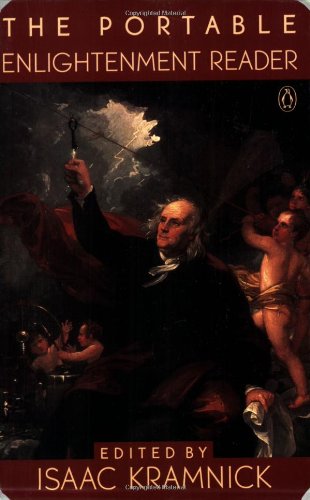Temple of Reason 2/2
At the foot of the mountain, pure water flowed from a spring, falling by various cascades; twelve men dressed as mountaineers, armed with pikes and with civic crowns on their heads, were hidden in caverns in the mountain; as the procession arrived, singing the last couplet of the Marseillaise, the mountaineers quietly came out of their caverns without fully revealing themselves, and when “Aux armes, citoyens” was sung, they ran to get axes to defend their retreat, posted themselves on different sides of the mountain, but seeing the cart with feudalism and fanaticism drawn by asses with miters on their heads, they ran towards them, axe in hand, grabbed the miters, copes, and chasubles which adorned them as well as the pope and his acolytes, and chained them to the chariot of Liberty. During this, the band played a military charge; the carmagnole song was heard; but the mountaineers, seeing other carts arrive and feigning to believe that they were only the train following the one containing fanaticism, advanced in a column to meet the first one they saw, which was the chariot of Liberty; they lowered their axes as a sign of respect, and the band played a march; then a litter appeared, supporting a chair decorated with garlands; the Goddess descended from her cart, seated herself on the chair and was borne by eight mountaineers to the foot of the mountain; she was followed by two nymphs, one of whom was carrying a tricolor flag and the other the Declaration of the Rights of Man; they marched upon the trash remnants of nobility and superstition, which were then burned, to the great contentment of all the citizens, and climbing the mountain, with People’s Representative Pfliéger, then present at this festival, and mountaineers who represented his colleagues, while the band played “Where can one better be than in the bosom of one’s family,” reached the summit. The Goddess was crowned by the graces, then a tricolor flag was displayed, and they sang “Our country’s three colors,” and still on the mountain they sang “When from the mountain peaks the sun,” etc. The procession descended, the Goddess stopped at the spring, a vase was presented to her by the president of the Commune, she drank some water from the mountain, then presented some to the People’s Representative, to all the constituted authorities, citizens and officers of the different corps present, who all drank to the health of the Republic, one and indivisible, and of the Mountain. The Goddess, again on her chair, was borne to her chariot by eight mountaineers, four others placed themselves at her sides, axes raised, to drive away the profane, the others took their places with the administrative bodies, to indicate that public dignities are consistent with virtue alone.
From there... they went ... to ... the Temple of Reason....
All the musicians gathered behind the altar, with the singers; at the moment when the procession entered the Temple, the organ blared an overture, and the Société Populaire, the constituted Authorities, the surveillance committees, and the groups described above took places in rows facing the altar of Reason and a certain distance from it.
The military band played hymns to Reason, to Liberty, to hatred for tyrants, and to sacred love for the Patrie. After which the president of the Société Populaire delivered the inaugural speech, the Commune president, the Department president, the District president, the People’s Representative, and General Debrun delivered speeches set forth hereafter.
After their harangues, various patriotic hymns were repeated and accompanied by the military band, after which, in front of the Temple entrance, the trumpeters announced that the inauguration festival and the ceremony were concluded.
In the evening fireworks were displayed on the mountain, a bouquet marked the gratitude of all the French to the mountaineers present, who were solemnly recognized to be the saviors of the Republic; then a ball was held, and so brotherhood was twice celebrated in a single day. Each citizen taking part in this fine day evidenced his civic spirit. All took the oath to live in freedom or to die.
Notes:
Folksonomies: enlightenment french revolution cult of reason
Taxonomies:
/society/unrest and war (0.839999)
/law, govt and politics/politics (0.776781)
/art and entertainment/shows and events (0.579758)
Concepts:
President (0.919240): dbpedia_resource
The Band (0.706980): dbpedia_resource
Military (0.706590): dbpedia_resource
Goddess (0.690439): dbpedia_resource
Marching band (0.676583): dbpedia_resource
President of the United States (0.672031): dbpedia_resource
Flag of France (0.671101): dbpedia_resource
Temple in Jerusalem (0.669807): dbpedia_resource





